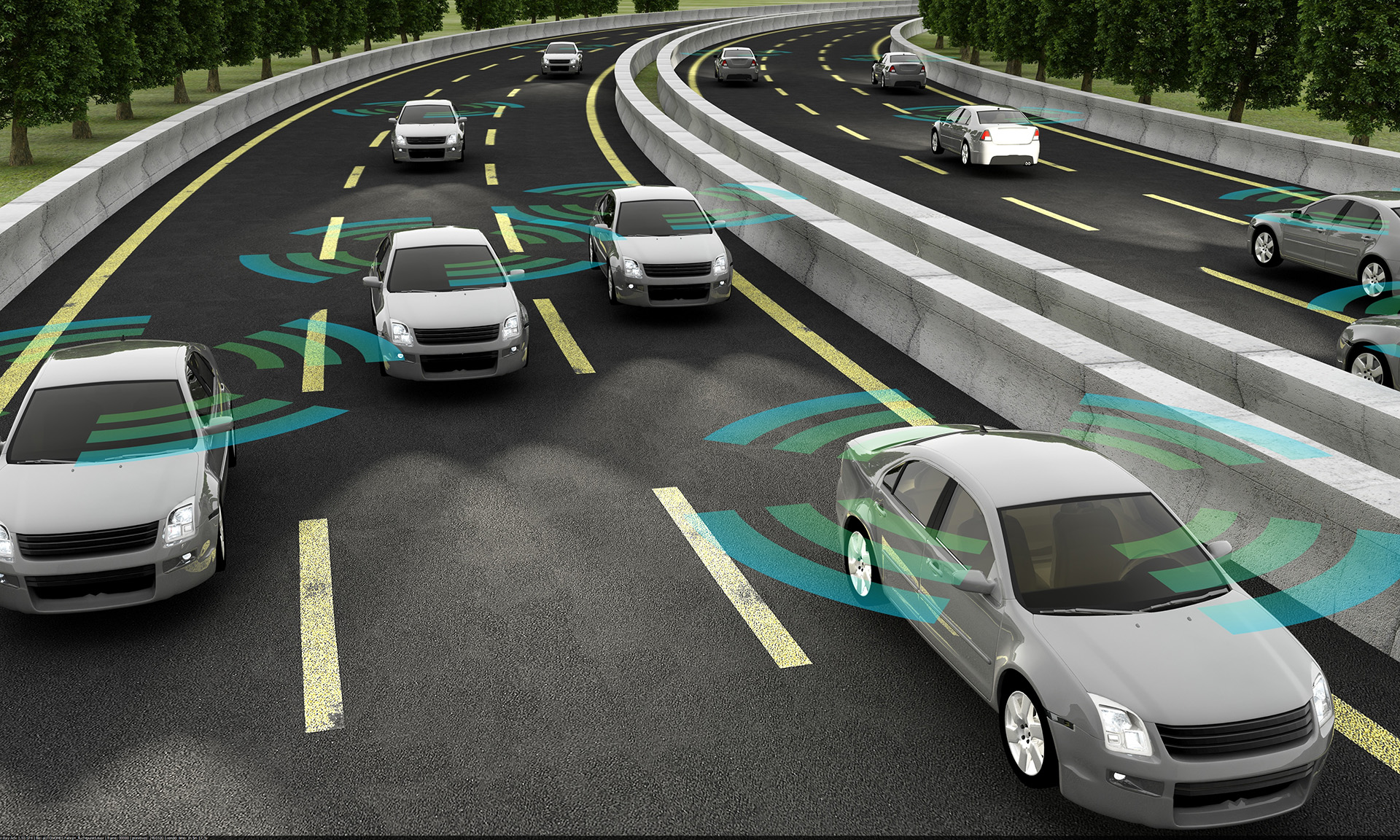New UBC study finds perception of safety for self-driving vehicles split
New UBC study finds perception of safety for self-driving vehicles split

Self-driving vehicles (SDVs) have been hailed as a solution for safer, more efficient roads. But a new study from the University of British Columbia suggests there are reasonable concerns among the public about the introduction of automated driving technologies.
The study, which was funded through TransLink Tomorrow’s New Mobility Research Grant program, explored the perceived safety and comfort of pedestrians sharing the road with self-driving vehicles (SDVs).
It found that 40% of survey participants thought that pedestrians faced reduced safety and comfort levels in SDV interactions compared to conventional human-driven vehicles. In contrast, 34% viewed SDV interactions more favourably, while 25% reported no bias in either direction.
The study also found that compared to privately owned self-driving vehicles, the support for shared trips such as buses and shuttles was much stronger. This is likely due to the negative impacts privately owned vehicles have on congestion, vehicle miles travelled, and contributing to urban sprawl.
The researchers ultimately conclude British Columbians will need a period of gradual transition in order build comfort among all road users.
To learn more, please visit news.ubc.ca or read the study at reactlab.civil.ubc.ca.
What did you think of this story?






When you’re feeling down, worn out, or simply need a little inspiration to keep going, poppy playtime is a fantastic game to have on hand!
You clearly have a knack for creating quality content that resonates—well done!